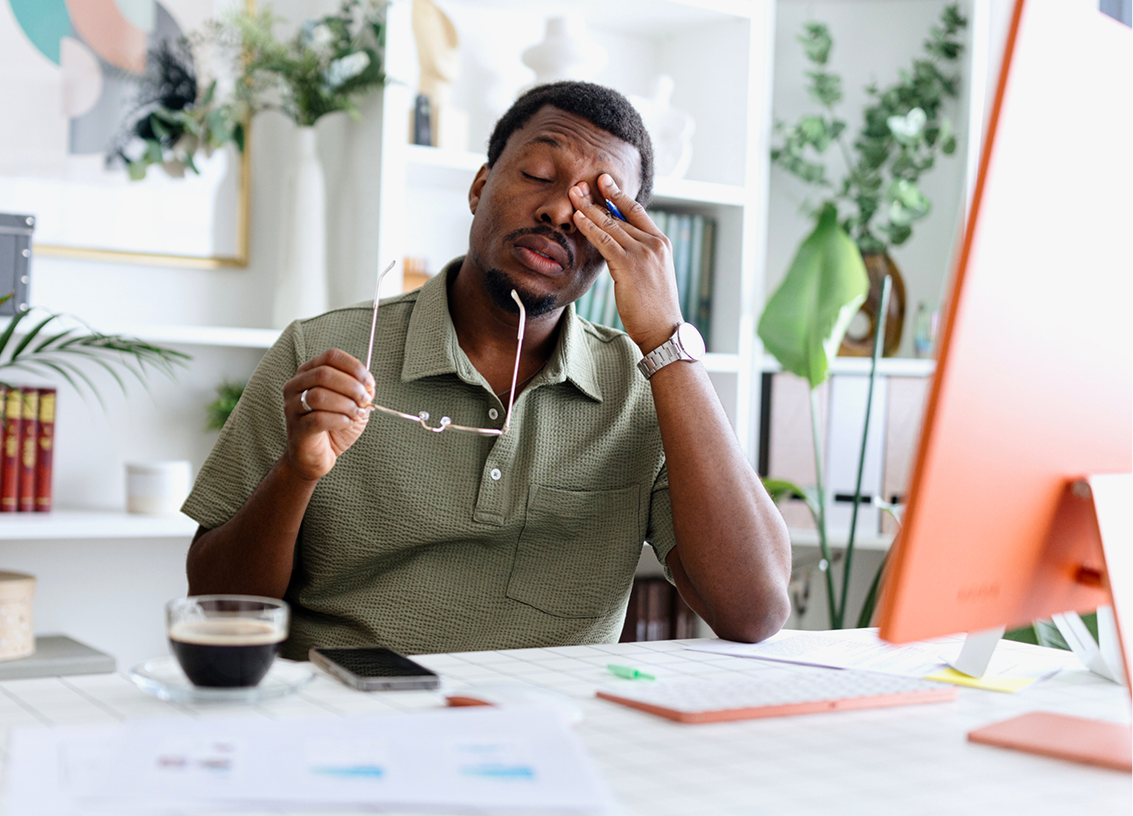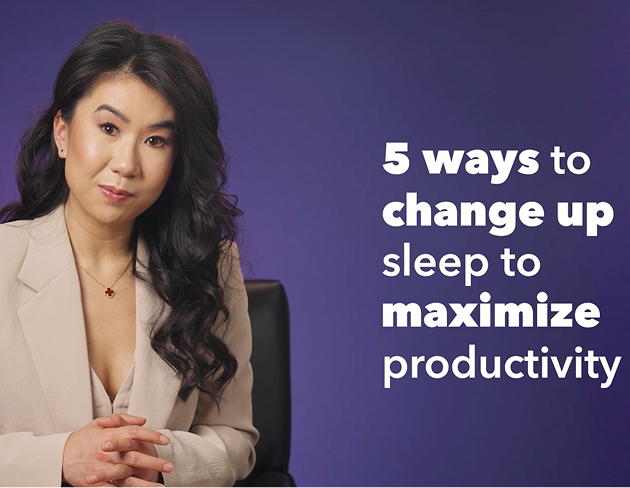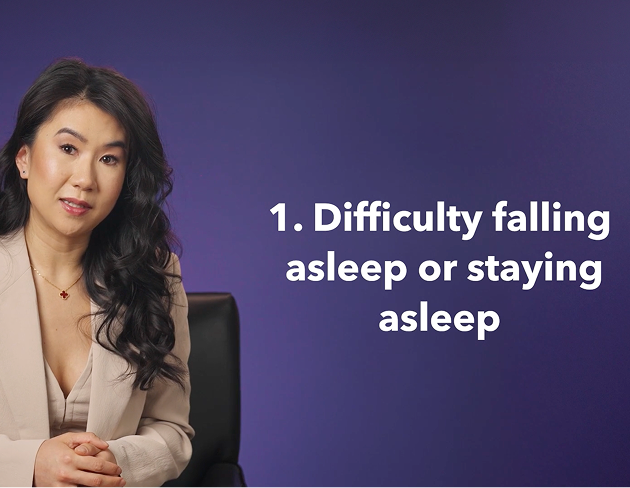

Boosted performance
When your nap is kept short (20–30 minutes long), it can help to improve focus, alertness, and mental performance.
Helps you to think outside the box
If you’re needing a little creativity lift or a spark to help you problem-solve, a nap may be the answer!
Stress reduction and improved emotional well-being
Taking a nap can help to regulate your mood and reduce feelings of stress, anxiety, and depression.

May make you feel worse
You may experience something called “sleep inertia,” which can make you feel groggy, disoriented, and a bit “off” after waking. Some people do experience this after a nap, particularly if they’ve slept for too long (over 30 minutes).
Can impact your nighttime sleep
If you nap for too long, or too late in the day, this can interrupt your circadian rhythm and the sleep drive that naturally builds up during the day to make you feel tired enough for sleep at nighttime.
May reinforce sleep issues
If there’s a reason you’re experiencing persistent daytime sleepiness (e.g., a sleep disorder), having a daily nap may contribute to a vicious cycle where you become dependent on the extra sleep.
Long naps may be linked to health issues
Studies have found that daily naps over an hour long may be linked to type 2 diabetes.


Ultimately, the choice is yours! Naps can be a fantastic way to combat stress and fatigue while enhancing your performance, creativity, and ability to problem solve. However, your nighttime sleep should still be the priority, so it’s vital that you exercise caution around the timing and length of any daytime sleep so as not to interrupt your internal body clock.



Take this short, clinically validated self-assessment to see where your sleep challenges may fall—from mild to more serious—and if it might be time to talk with your doctor.